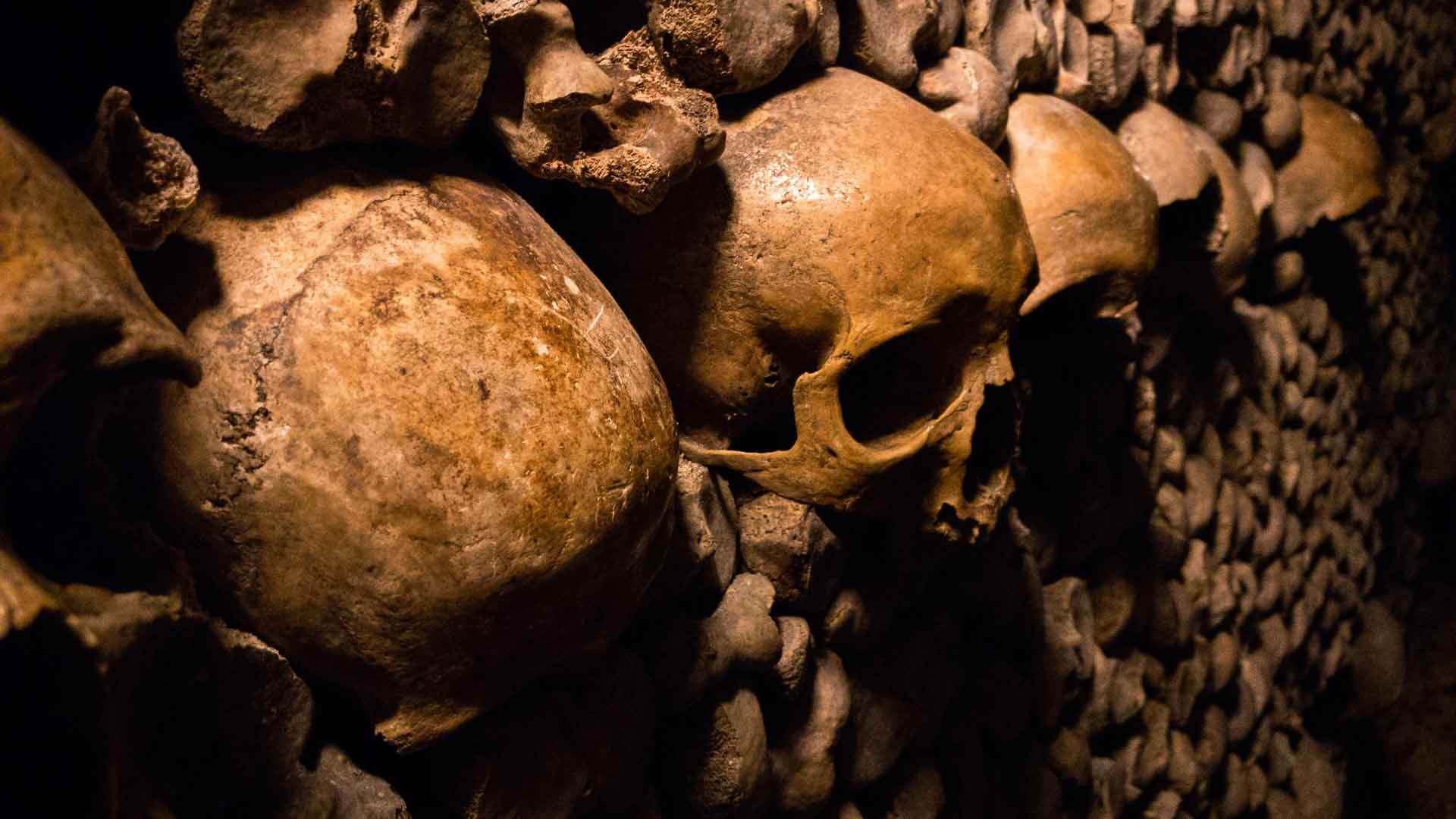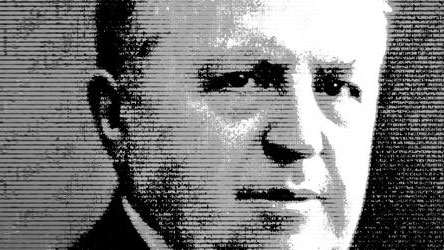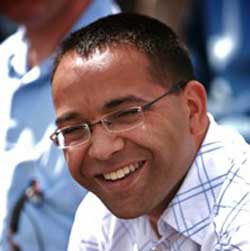A Day of National Tragedy
Today is a day of national tragedy, made all the more poignant by the fact that few will regard it as such. This afternoon Members of Parliament in Westminster voted 253 to 136 to impose radical new abortion laws on Northern Ireland. These regulations will make abortion on-demand available until 24 weeks of gestation, allow the killing of disabled babies up to birth, and provide scant safeguards against sex-selective abortion, and no conscience clauses for medical practitioners unwilling to be accessories in the deaths of pre-born children. The law in Northern Ireland will no longer teach and protect the value of all human lives, provide a safeguard for women who may be confused, overwhelmed or pressured into having an abortion, or serve as an official affirmation of the equality of disabled children in the womb. The law has become anti-life. Until now, Northern Ireland has been a life-affirming province. Precisely because it did not adopt the 1967 Abortion Act, an act which has led to the deaths of over 9 million unborn children in England and Wales alone, it has maintained a commitment to the value and dignity of each individual human being from the moment of conception. Northern Ireland’s legal...











